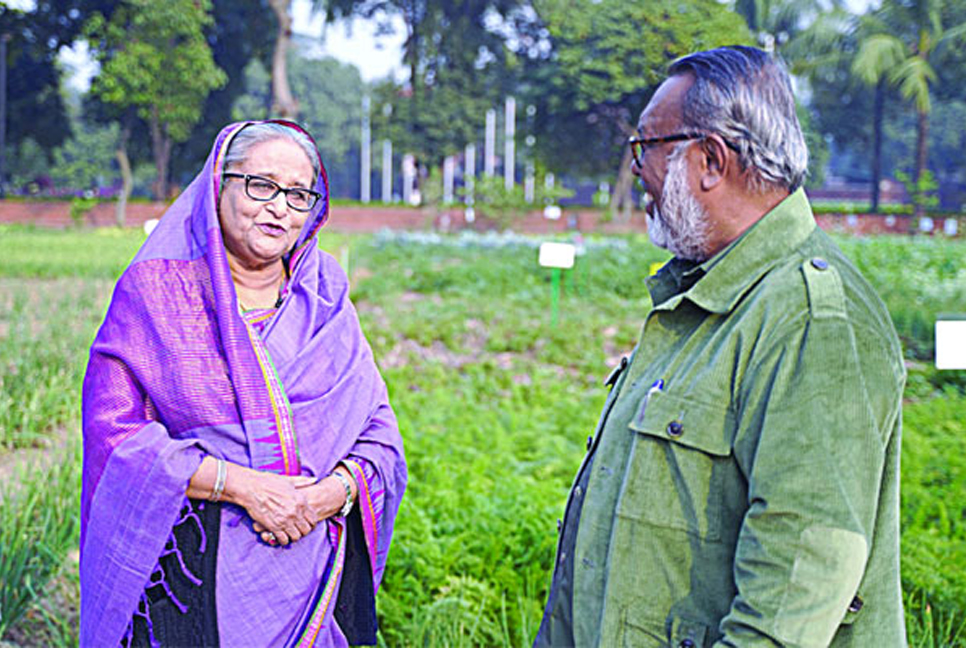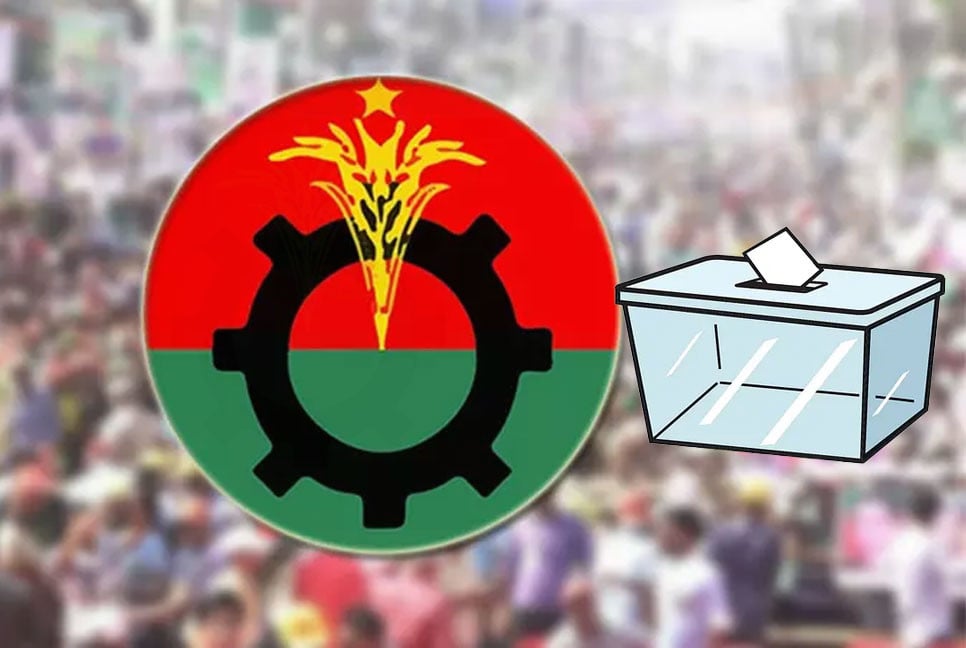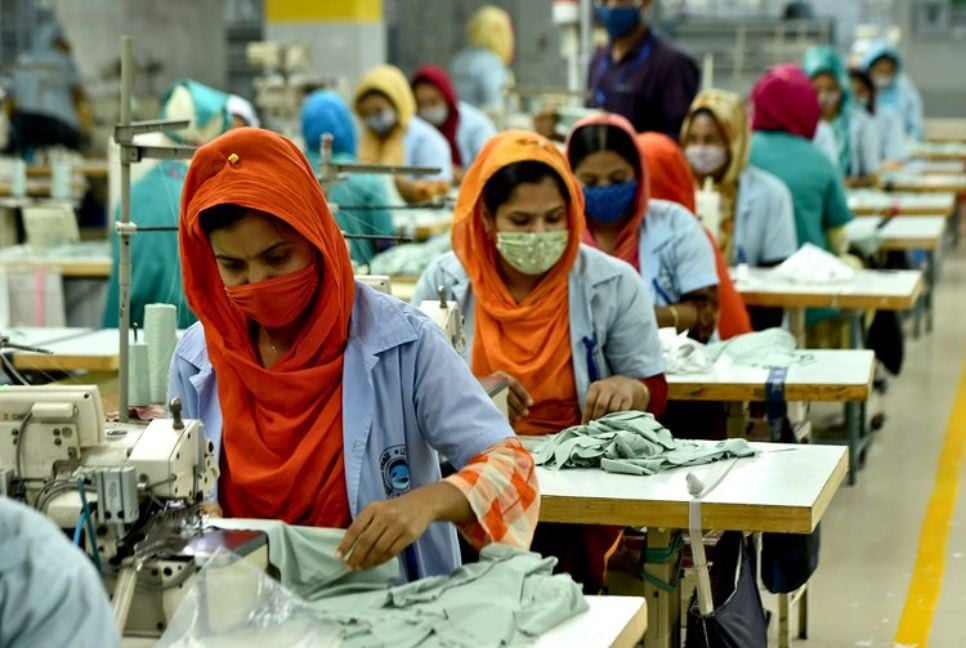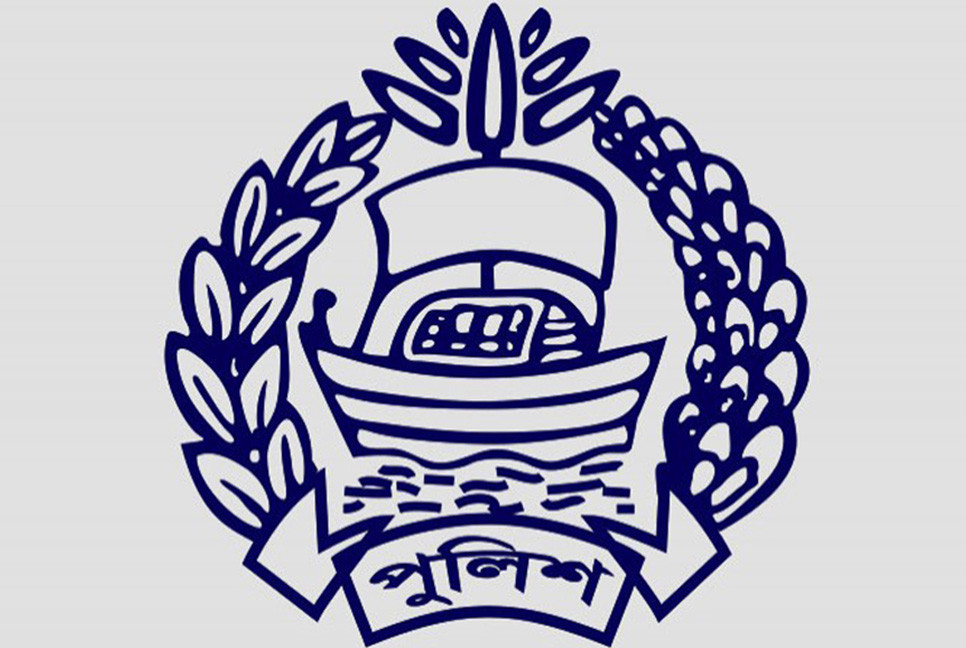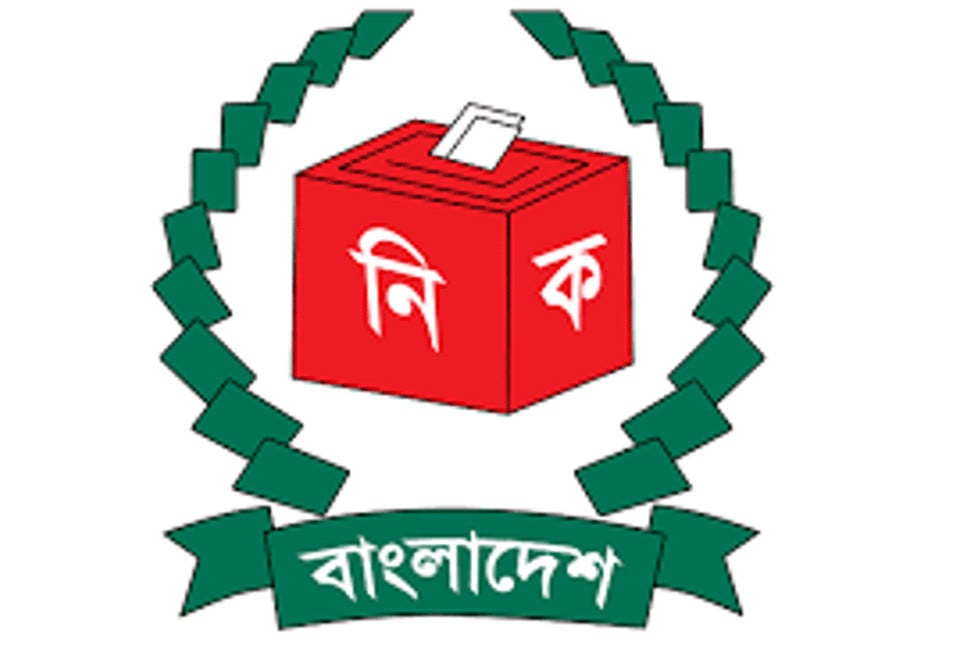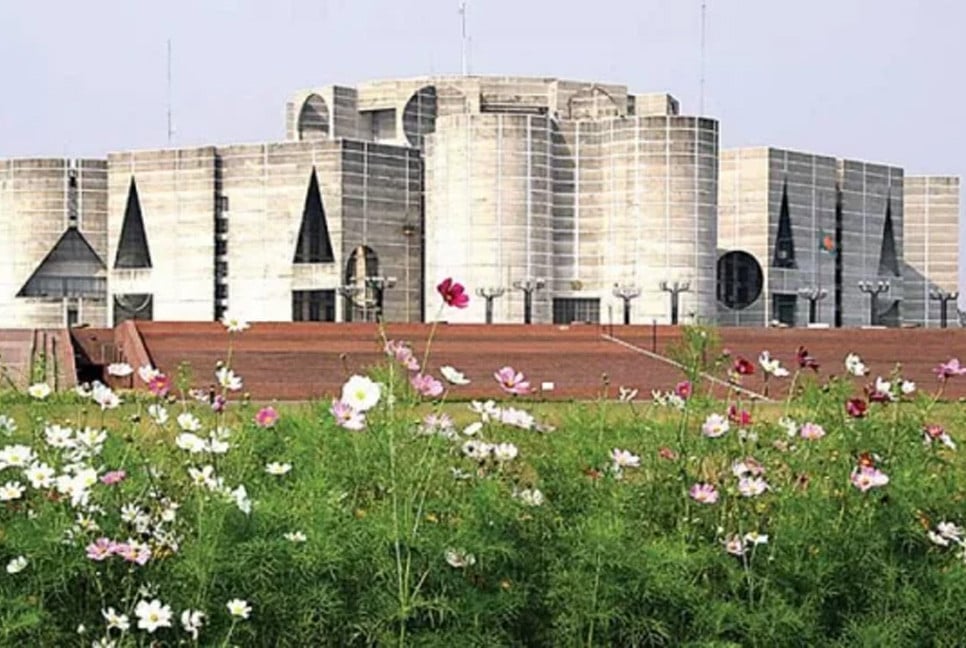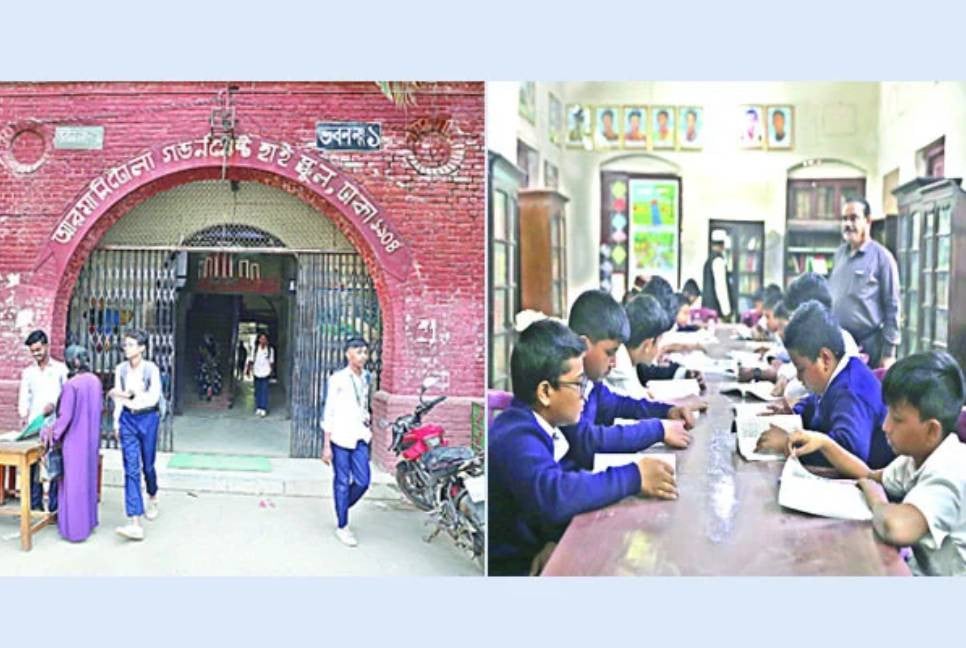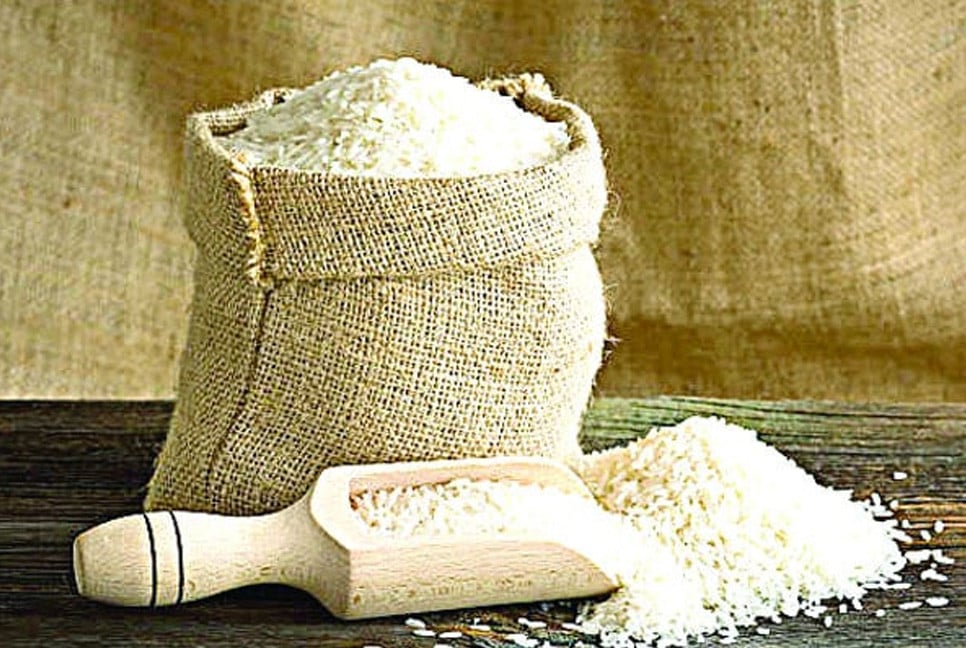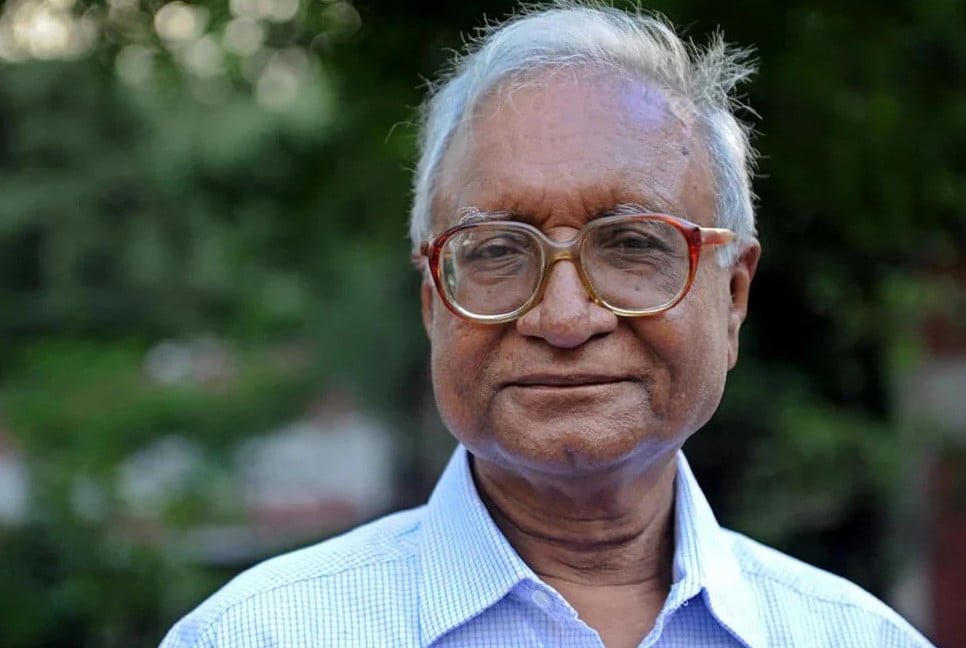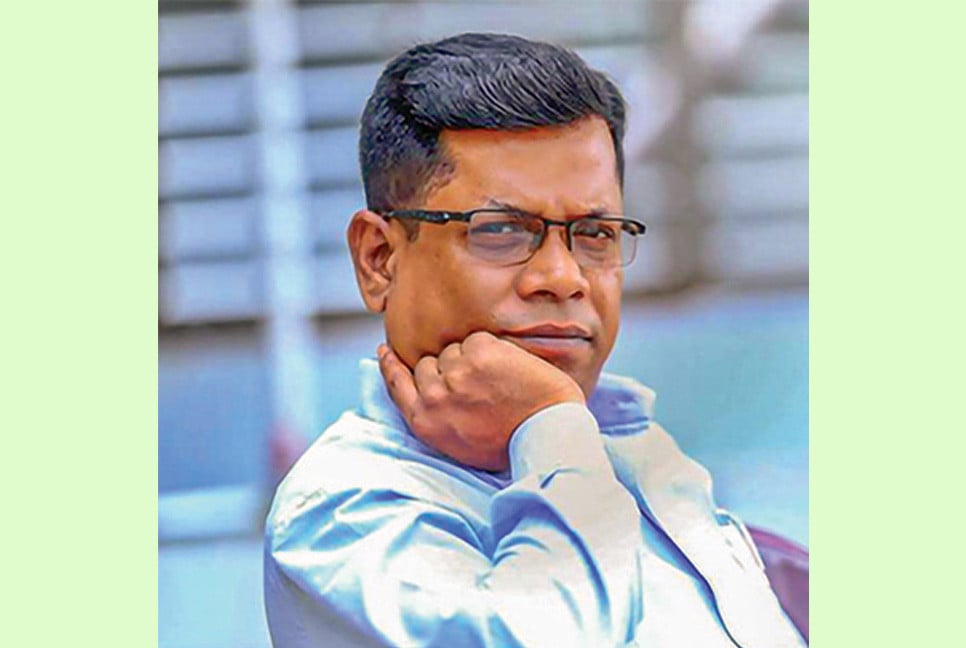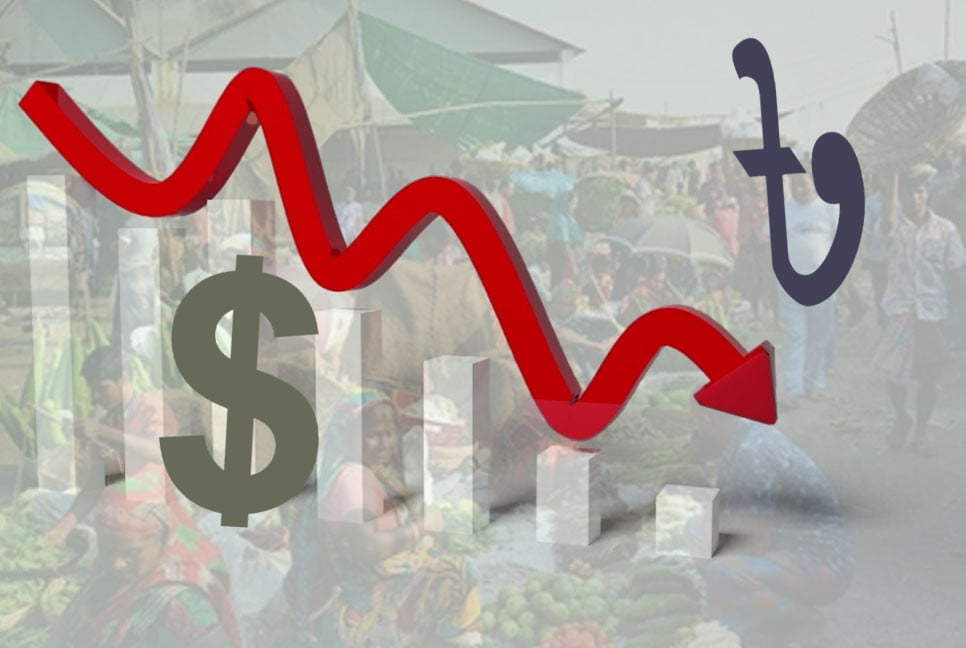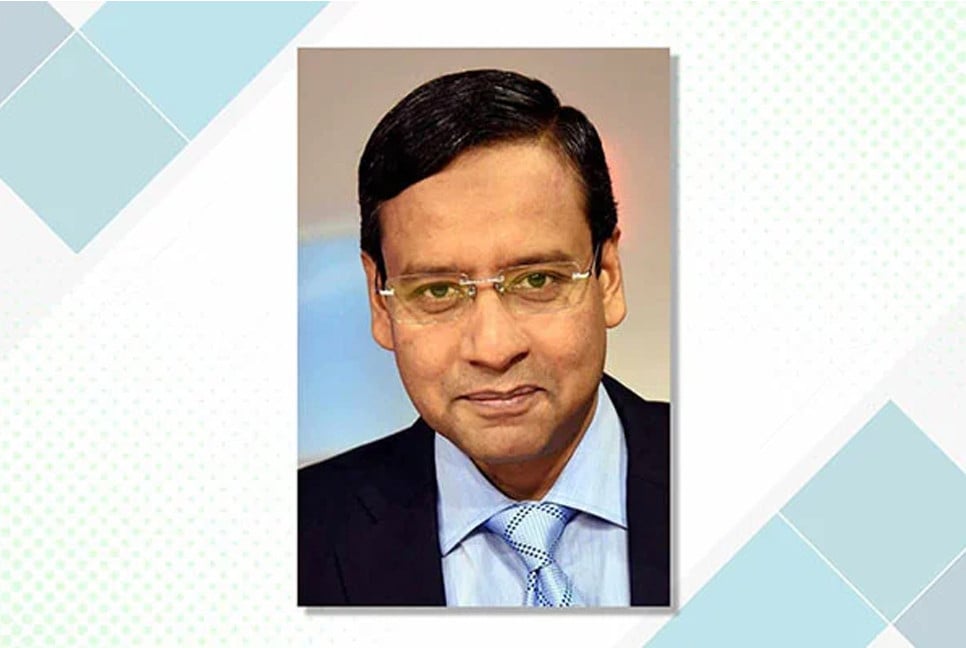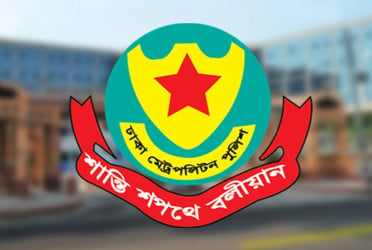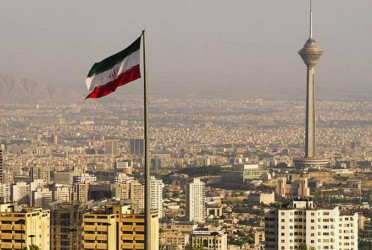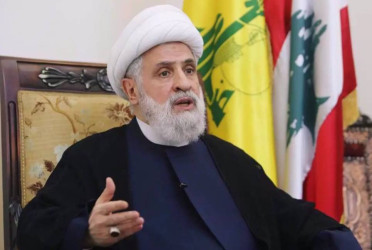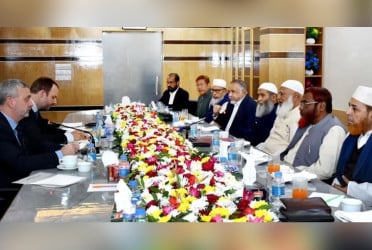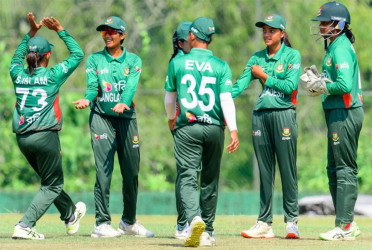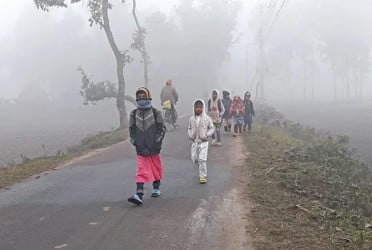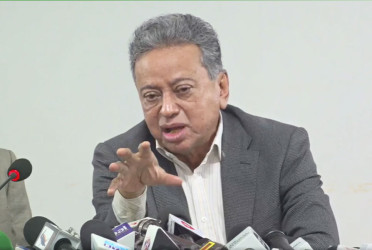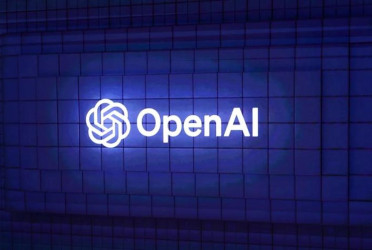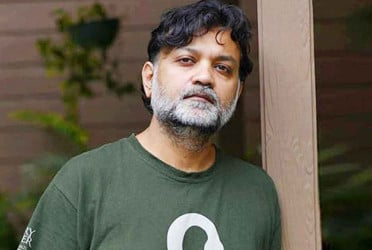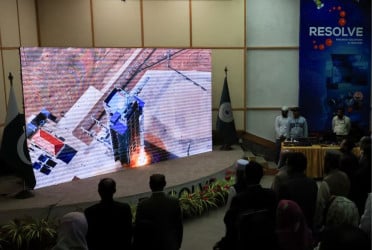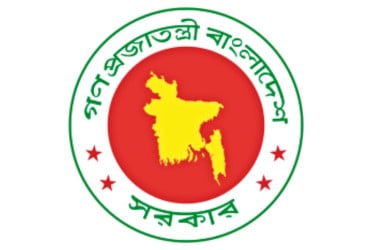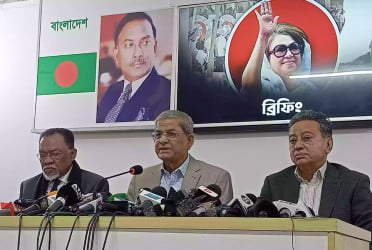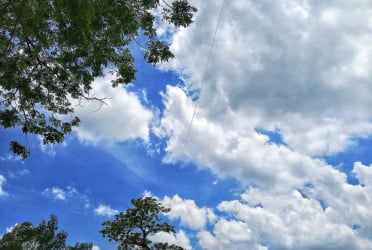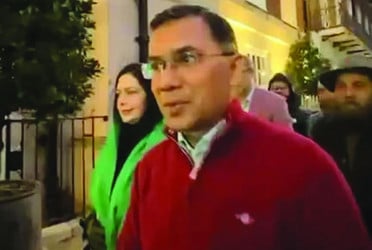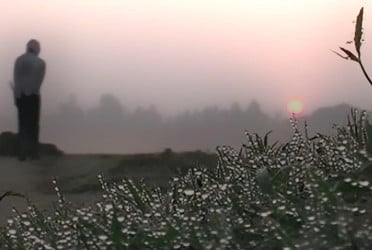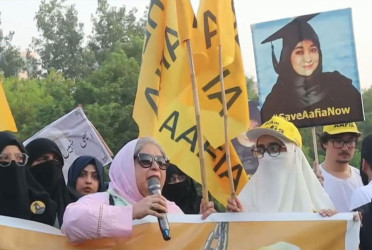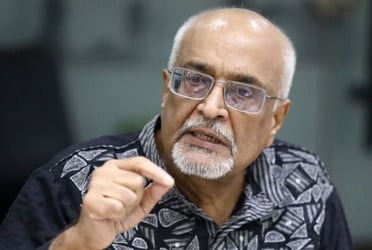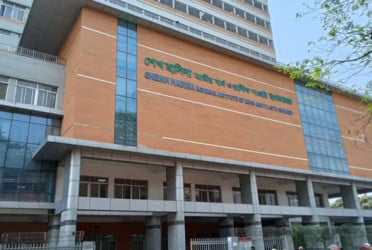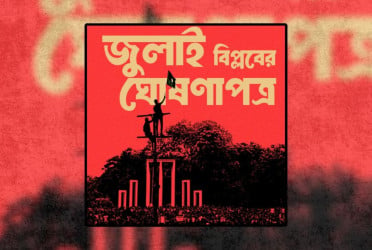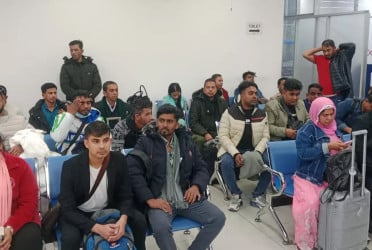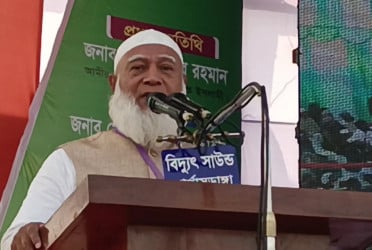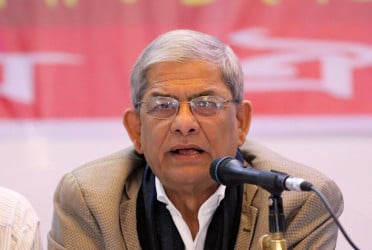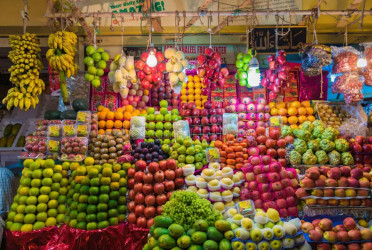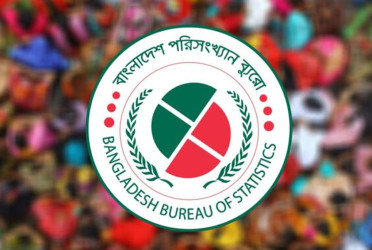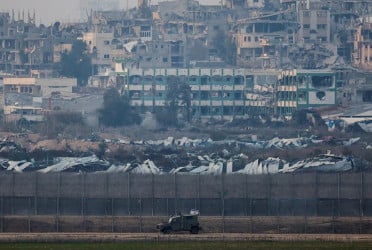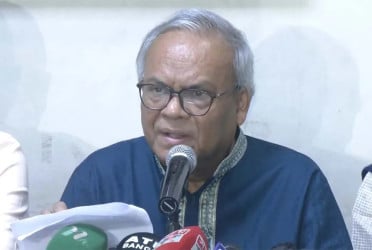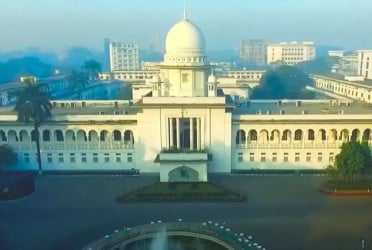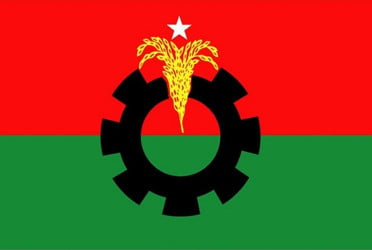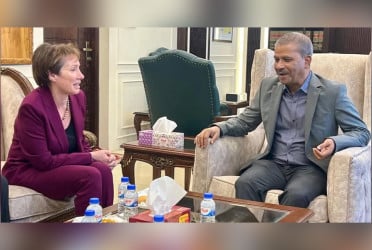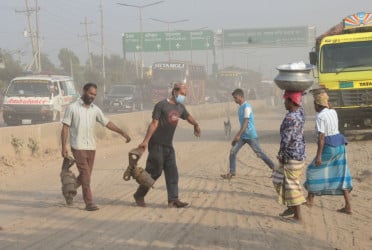Prime Minister Sheikh Hasina said in a recent long interview and documentary to Channel i director, agricultural development and media personality Shykh Seraj, “During my childhood, my father used to teach agriculture and gave opportunities to all brothers and sisters to practice agriculture. The economy of our country depends on agriculture. On the other hand, the population is also high. Judging by that, emphasis should always be placed on agriculture.”
The documentary report titled ‘Sheikh Hasina's fosoli uthan: Ganabhabane Banglar mukh' will be broadcast on Channel i’s ‘Hridoye Mati O Manush’ program on February 11, Saturday at 9:30 PM.
Bangladesh is talking about self-sufficiency in food today. Talking about meeting the Sustainable Development Goals. In this progress, economic improvement of rural people's life, improvement of farmers with food security, improvement of agriculture is needed. If we can meet this goal, our future economic base will be kept strong.
Prime Minister Sheikh Hasina not only did not realize this, but also did not sit and dictate to the general public through policy making.
She took up the challenge himself, taking the initiative to use the space inside Ganabhaban, the government residence, for agriculture. She felt the urge to see first-hand how to grow any type of crop in any region of the country.
Keeping in mind the challenge of food security to the whole world today, she wants to look at the food production process as a research to meet the food demand of the people of the country and bring it to the welfare of the people. For this reason, even as a head of government, she started practicing agriculture. Involves herself in contact with soil and crops.
In the interview given to Shykh Seraj, Prime Minister Sheikh Hasina said, “During my childhood, my father taught me agriculture. It was he who gave all our brothers and sisters the opportunity to practice agriculture. Later, when I got directly involved with the country's politics, I worked with the poor people of the village and saw their suffering.”
“The economy of our country depends on agriculture. On the other hand, the population is also high. Judging by that, agriculture has to be emphasized all the time. Our land is so fertile, with a little effort we can increase our production.”
Shykh Seraj said, “Honorable Prime Minister gave instructions that not even an inch of land can be left vacant. She has shown that and called for increased research on what can be done to combat the risks of climate change. Talks about increasing more advanced technology in agriculture to advance smart agriculture.”
“The example of multi-purpose agricultural production set by the Prime Minister in Ganabhaban is instructive for the people of the country. Seeing her, the people of the country will be more encouraged in agriculture. I don't know if there is such a precedent in the world for farming in one's own residence as the Prime Minister.”
“This agriculture-oriented action of the Prime Minister proves that Bangabandhu's love for agriculture is the biggest driver of Bangladesh's economic progress and future dreams in the last 15 years. Being able to highlight such examples at this time is also a big milestone in my development journalism life. Because this year I completed four decades in journalism. At the same time, the ‘Hridoye Mati O Manush’ are entering two decades in Channel I,” he said.
“All in all, at such a time, I am able to present the vast agricultural area of Ganabhaban, the residence of the Prime Minister of the country, to the people. I am really happy,” Shykh Seraj added.
@The report was published in Bengali on print and online versions of The Bangladesh Pratidin on February 9 and rewritten in English by Tanvir Raihan

